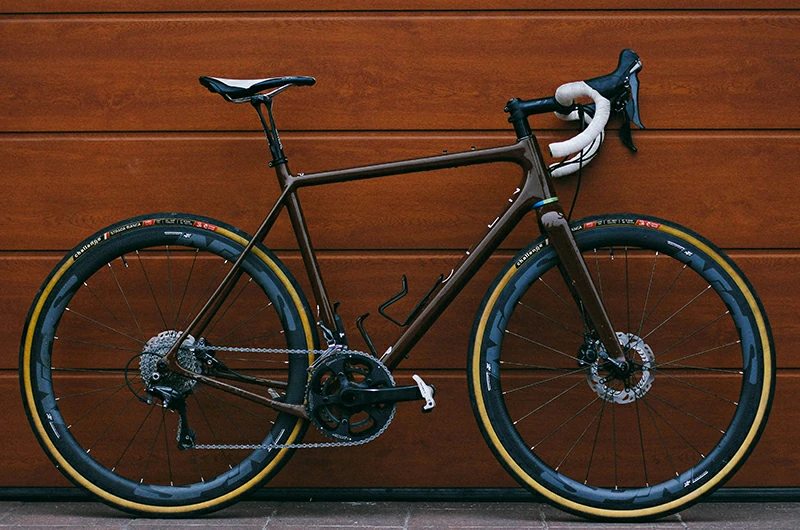Aluminum profiles are extensively utilized in bicycle production due to their advantages of lightweight, high strength, and corrosion resistance. Aluminum bicycles also offer excellent riding experiences, making them increasingly popular among cyclists.
Mastar can provide high-quality aluminum profiles for bicycles, suitable for various bike components such as frames, forks, handlebars, rims, and seat posts. Additionally, Mastar offers customization of various special-shaped aluminum materials according to customer-specific requirements, providing comprehensive bicycle solutions.
Specifications of aluminum profiles for bicycles
Common alloys: 6061, 6063, 7005, 7075
Material types: aluminum tubes, aluminum bars, or other customized extruded profiles
Surface treatments: anodizing, powder coating, painting
Production processes: extrusion molding, forging
Colors: black, silver, or customized
Further processing: polishing, CNC machining, welding
Packaging: pearl cotton foam, kraft paper, wooden pallet
Different components of bicycles
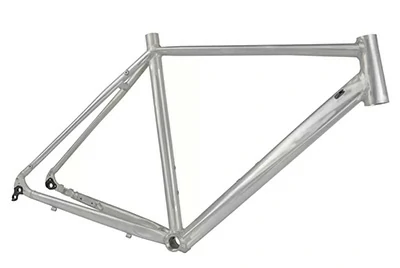 Aluminum alloy bicycle frames
Aluminum alloy bicycle frames- The frame is the core component of a bicycle, supporting the entire structure. Frames are often made from 6061 aluminum tubes, 7005 tubes, or 5086 tubes, combining light weight with excellent rigidity.
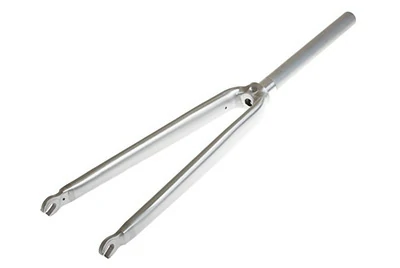
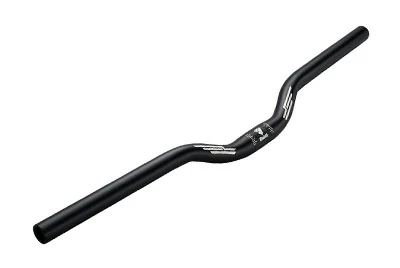
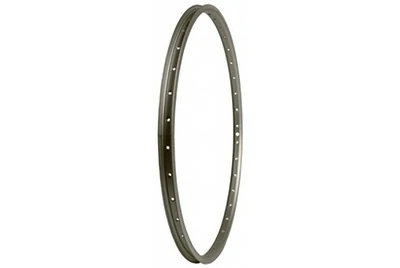 Aluminum bicycle rims
Aluminum bicycle rims- Rims are widely produced using 6063, 6005, and 7005 tubes, delivering high strength and reduced wheel weight.
- Popular sizes: 20 inch, 26 inch, 27 inch
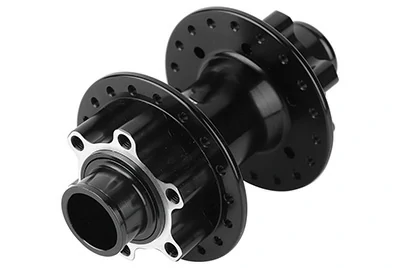
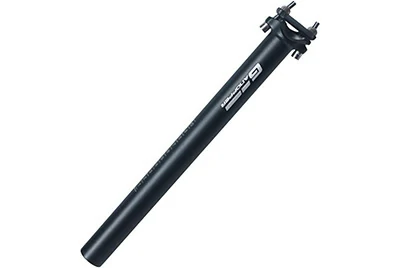
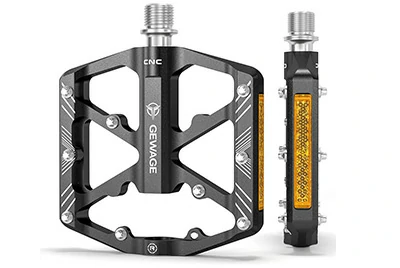 Pedals
Pedals- Pedals require excellent wear resistance, often machined from 6061 bar or forged alloys for long-term durability.
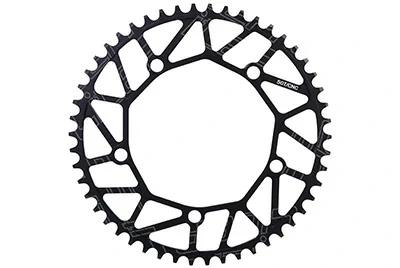 Aluminum alloy bicycle chainrings
Aluminum alloy bicycle chainrings- Aluminum alloy bicycle chainrings are critical components in the bicycle drivetrain system. They are typically mounted on the crankset and work with the chain to rotate and drive the wheels.
- Common alloy: 7A04
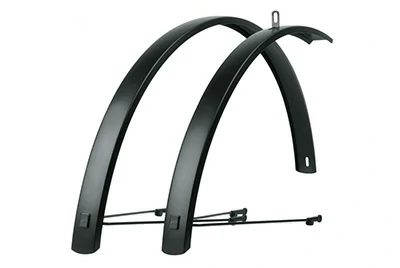 Aluminum alloy mudguards
Aluminum alloy mudguards- Mudguards are stamped from 5052 plates or 6061 plates, ensuring corrosion resistance and surface quality.
Standard aluminum profiles for bicycles
- Aluminum tubes for bicycles
These are used to manufacture bicycle frames, including the top tube, down tube, seat tube, and chainstays. These tubes typically need to have high strength and lightweight characteristics to support the entire frame structure and ensure riding comfort and stability.
Common sizes: OD (Outer Diameter): 16mm-72mm, Wall Thickness: 1.2mm-1.8mm
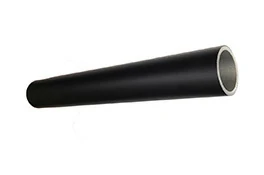
- Aluminum rods for bicycles
These are commonly used to manufacture bicycle components such as cranksets, pedals, handlebars, support bars, and connectors. Aluminum alloy rods are suitable for parts that need to withstand the rider's power transmission and torsional forces, thanks to their excellent machinability and strength.
Common sizes: Diameter: 9mm-32mm
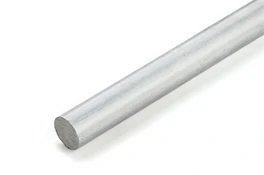
- Aluminum sheets for bicycles
These are used to manufacture bicycle mudguards, frame connection plates, and the bases of chainrings. Aluminum alloy sheets are typically chosen for their smoothness and excellent surface quality, suitable for components requiring flat surfaces and structural stability.
Common sizes: Thickness: 1mm-3mm
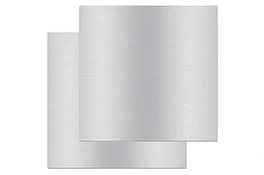
Advantages of aluminum profiles for bicycles
- Lightweight: Bicycle frames and components made from aluminum profiles are lighter in weight, significantly reducing the overall weight of the bicycle, thereby enhancing riding efficiency and speed.
- High strength: Common aluminum alloys used for bicycles such as 6061 and 7005 exhibit high tensile strength and good fatigue resistance, capable of withstanding high-intensity riding and impacts.
- Corrosion resistance: Anodizing and surface coating processes significantly enhance the corrosion resistance of aluminum alloys, extending the bicycle's lifespan in harsh environments.
- Ease of processing: Aluminum profiles are easy to process, allowing for the flexible fabrication of various shapes and sizes of bicycle components according to design requirements.
- Good heat dissipation: Aluminum's excellent thermal conductivity helps dissipate heat generated during riding, maintaining stable performance of bicycle components.
- Environmental friendliness: Aluminum is recyclable with high recovery rates, aligning with environmental and sustainable development requirements, making it increasingly favored by eco-conscious cyclists.
How to choose the right aluminum profiles for your bicycle?
Road bike
Main requirements: Lightweight, high strength, excellent acceleration, and riding efficiency.
Recommended aluminum alloys: 7005 series or 7000 series aluminum alloys. These alloys offer high strength and hardness, suitable for enhancing frame rigidity and acceleration performance. 7075 aluminum alloy is particularly suitable for racing and high-performance road bikes.
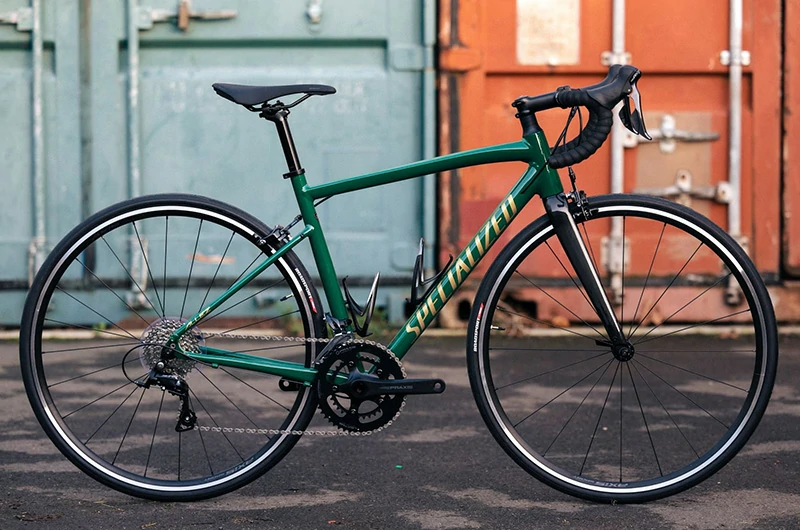
Mountain bike
Main requirements: Durability, impact resistance, good control performance.
Recommended aluminum alloys: 6061 series or 7005 series aluminum alloys. These alloys offer good strength and corrosion resistance, capable of withstanding various impacts and pressures encountered in mountain biking. Particularly in technically demanding and high-strength required frame components such as forks and frame junctions, using 7005 aluminum alloy can provide additional rigidity and durability.
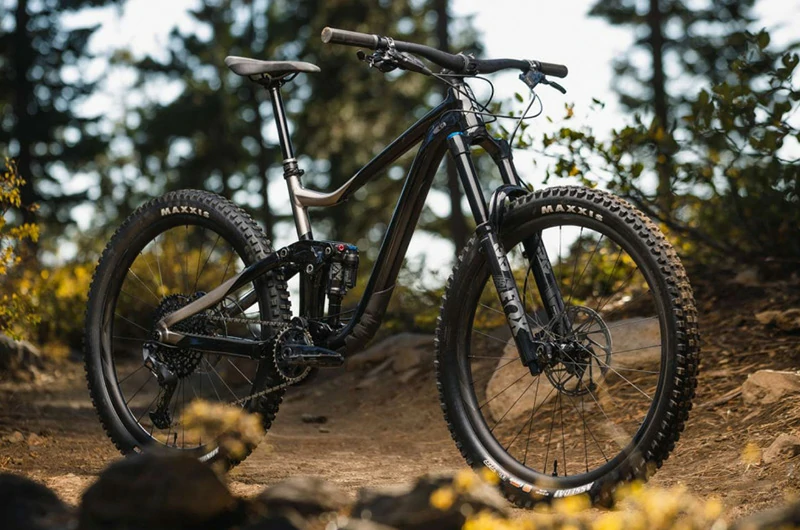
City bike
Main requirements: Comfort, durability, adaptability to diverse urban riding environments.
Recommended aluminum alloy: 6061 series aluminum alloy. This alloy offers good machinability and cost-effectiveness, suitable for manufacturing frames and various components of urban bicycles, such as frames, handlebars, and pedals.
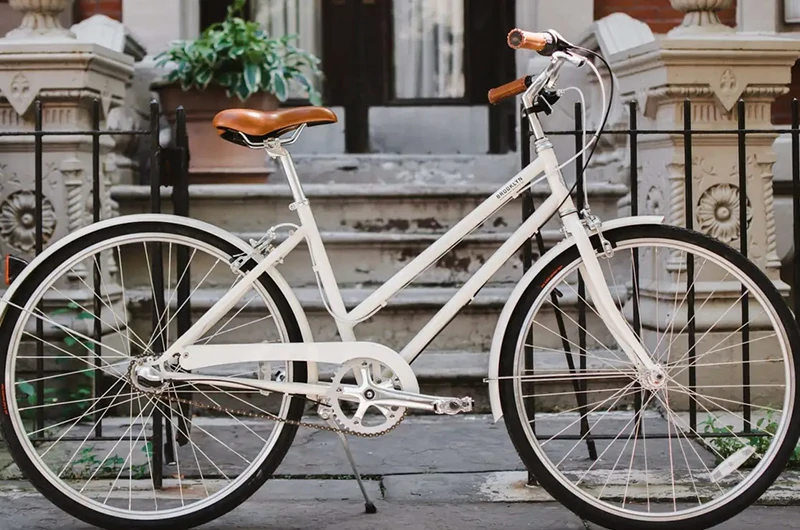
Folding bike
Main requirements: Lightweight, portability, and stability.
Recommended aluminum alloy: 6061 series aluminum alloy. This alloy can maintain sufficient strength and rigidity while reducing the overall weight of the bike, enhancing the portability and handling of folding bicycles.
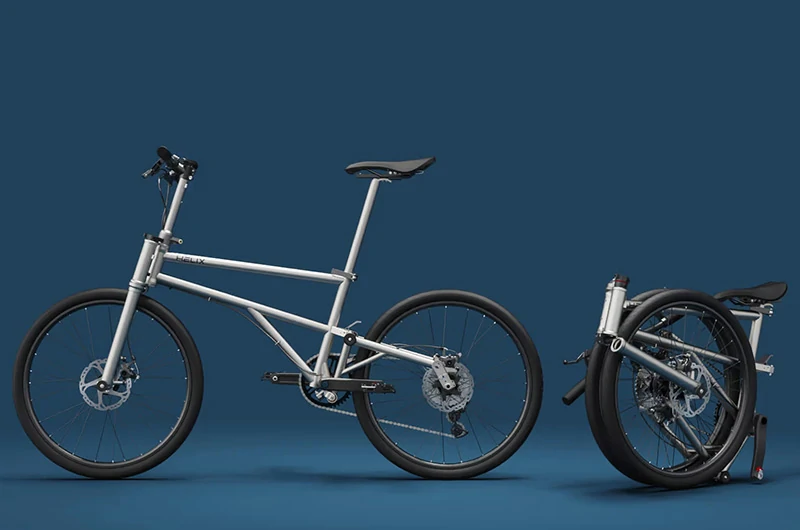
Other specialized types of bicycles
For example, track bikes and fixed gear bikes. It's recommended to choose the appropriate aluminum alloy materials based on specific performance requirements and design criteria. If needed, you can contact Mastar for the most professional service.
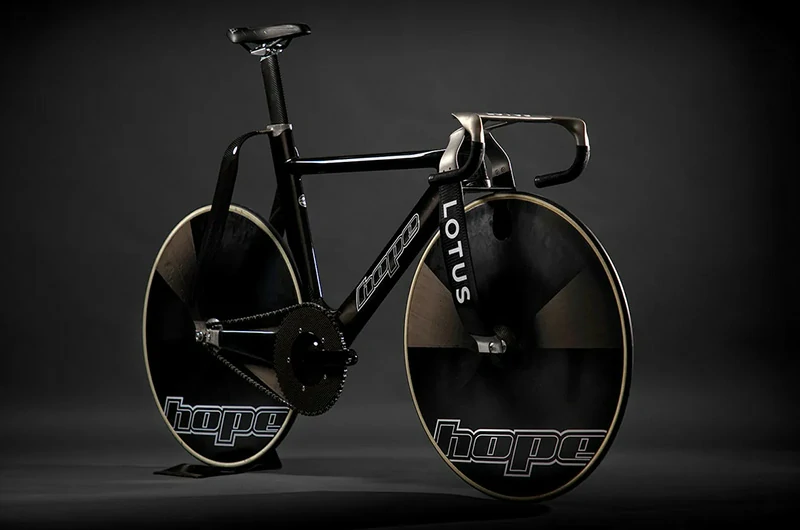
Trends in the application of aluminum profiles in bicycles
Future trends in bicycle design will continue to pursue lightweight construction while emphasizing material strength and durability, moving towards high-strength, high-toughness aluminum alloys.
As smart manufacturing technologies such as 3D printing and CNC machining become more prevalent, aluminum alloys can achieve higher precision and more complex geometries. This enables more innovative and personalized designs for frames and components.
The production processes for bicycle forgings are diversifying, with advanced shaping technologies such as liquid die forging and warm extrusion being increasingly applied.
Aluminum's recyclability and low carbon emissions make it an ideal material for eco-friendly bicycles. In the future, more bicycle manufacturers will adopt recycled aluminum and employ energy-saving and environmentally friendly processes in production, driving the development of green manufacturing..
Why choose Mastar?
- Provide a variety of aluminum alloy grades and specifications to meet the needs of different bicycle manufacturing.
- Rich inventory, provide bicycle aluminum accessories of various sizes, fast delivery, no delay in production.
- Ensure the supply of high-quality aluminum, can issue various quality inspection reports.
- Provide thoughtful pre-sales and after-sales services to ensure customer satisfaction.
- Have a professional team to provide comprehensive technical support and solutions.
Besides bicycles, Mastar also offers lightweight aluminum solutions for a wide range of sports equipment, including golf gear, ski poles, and baseball bats, providing high-performance materials for athletes and manufacturers worldwide.


